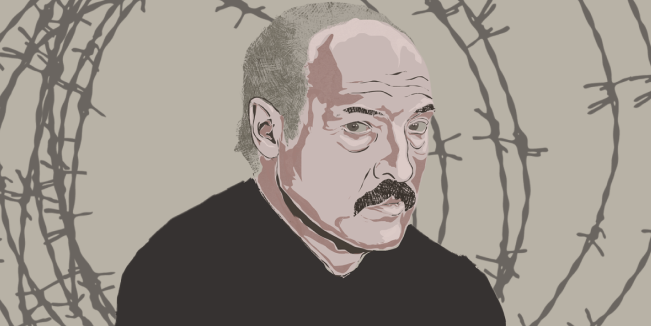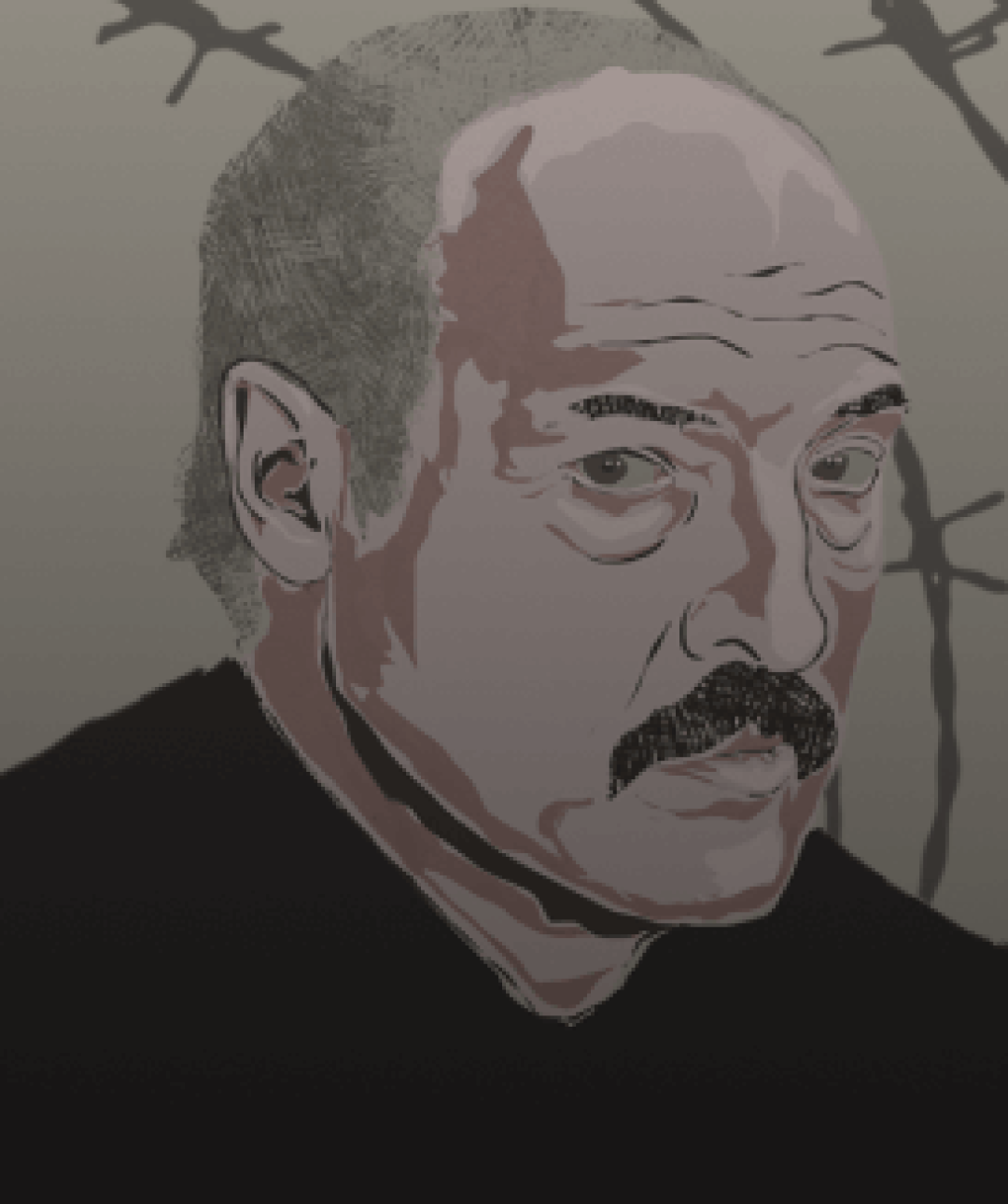

By Pavel Kutsevol
Entire cities besieged and razed to the ground, millions of people displaced, hundreds of billions of dollars worth of destruction, and, most tragically, thousands of people killed and grieving lost loved ones — that is a reality for millions of Ukrainians whose country was invaded by Russia’s Vladimir Putin almost five months ago.
The West rushed to sanction Putin, the people around him, and every sector of the Russian economy. But there’s another culprit that the West often overlooks: Belarus’ strongman, Alexander Lukashenko.
Today marks the 28th anniversary of Lukashenko’s rise to power. He has ruled Belarus — a country between the EU and Russia — with an iron fist since July 20th, 1994, turning the country into an authoritarian state where opposition figures and independent journalists are routinely harassed, jailed, and assassinated. In 2020, however, he faced unprecedented protests, following a botched response to the COVID-19 pandemic, the jailing of opposition candidates, and the blatant falsification of election results.
Lukashenko responded to these protests with overt violence. Tens of thousands of people were arrested, with many tortured, killed, or exiled. To date, there are more than 1,200 political prisoners, who are subjected to inhumane conditions and lack any means to defend themselves. In addition, the government has passed multiple draconian laws eliminating independent media, outlawing all forms of protest, and providing law enforcement the right to maim and kill protesters without facing any responsibility. According to the Freedom House, Belarus now ranks as one of the least free countries in the world.
But Lukashenko’s regime doesn’t just impact the people of Belarus. During the last few years, Lukashenko has demonstrated a penchant for manufacturing international crises that reverberate around the world.
In May 2021, Belarusian officials hijacked a commercial airplane carrying opposition journalist Roman Protasevich from Greece to Lithuania. When the plane briefly entered Belarusian airspace, Belarusian officials ordered the plane to land in Minsk and quickly arrested Protasevich.
The incident drew strong international condemnation. The EU closed its airspace to Belarusian planes, and prohibited European airlines from flying over Belarus. Other major airlines, such as Singapore Airlines, followed suit and announced they would avoid the country as well. Since 2014, airlines have been bypassing Ukraine, given the war in Donbas and the downing of Malaysia Airlines Flight 17. Together with Belarus, the two countries present significant airspace, leading to longer flights, higher operation costs, and directly affecting thousands of international tourists.
Later that year, Lukashenko’s regime initiated an immigration crisis, luring migrants and refugees from the Middle East and pushing them into Poland. At least 21 migrants died as a result, abandoned by Belarusian officials in the forest in the dead of winter. Lukashenko aimed to disrupt and divide the EU, but the crisis also had a significant effect on trade, as many critical trade routes run through Belarus. At the height of the crisis, Lukashenko threatened to shut down major gas pipelines between Russia and the EU. Ultimately, the crisis led to the shutdown of several checkpoints on the Belarusian border, creating bottlenecks of goods and raw materials, and driving up transportation costs for both Russian and European companies.
Which brings us to 2022 and the ongoing war in Ukraine. From the onset, Putin planned to quickly seize Kyiv and overthrow Zelensky’s government, and Belarus — just 90 miles from Kyiv — was the ideal launch site for Putin’s attack. In early February, a few weeks before the invasion, Belarus and Russia held joint military exercises, during which Russia expanded and diversified its military presence in Belarus. Russia then used the units stationed in Belarus to launch its attack. Lukashenko justified the invasion as a preemptive measure of self-defense, claiming that Ukraine had plans to attack both Russia and Belarus.
In addition to the horrors that accompany any military conflict, the war in Ukraine has led to an acute grain crisis, as Ukraine is one of the world’s biggest exporters of grain. According to UN Secretary-General Antonio Guterres, the war has contributed to global food insecurity and put tens of millions of people around the world at risk of famine. The Center for Global Development estimated that the price spikes in food and energy will put 40 million people into extreme poverty.
Lukashenko is responsible for this, too. He is a culprit — along with Putin — and must be held accountable for his role in this horrific war.
The West must act.
First, there should be no dialogue with the Belarusian dictator. Lukashenko spent years in power balancing relations with the West and East, turning to one side when needed and then immediately turning to the other when it offered concessions. With the West, one common tactic he used was to jail a number of political prisoners and release them in exchange for lifted Western sanctions. With Russia, he’d often threaten to open up to the West — an Achilles’ heel for Putin. Today, Lukashenko is trying to position himself as a peacemaker in the war in Ukraine, offering to allow the transit of Ukrainian grain through the Belarusian territory in exchange for lifted Western sanctions. Dialogue gives Lukashenko undeserved legitimacy, and only strengthens his regime.
Second, the West must sanction Belarus as comprehensively as they have Russia. Apart from belittling Lukashenko’s role in the war, weak sanctions provide Putin with a window to circumvent Western sanctions, undermining their effectiveness and purpose. Lukashenko has a long history of helping Moscow evade sanctions, and this year, while visiting Putin in March, Lukashenko publicly stated he will help Russia overcome the West’s measures. The West must counter these attempts to hold them both accountable. This requires multilateral and coordinated sanctions on both regimes that target enablers, disrupt supportive networks, and shut down illicit money flows.
The sad reality is that authoritarian regimes are on the offensive. This time, we must have the courage to stand our ground and hold dictators like Lukashenko accountable.
Hit enter to search or ESC to close